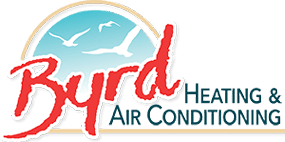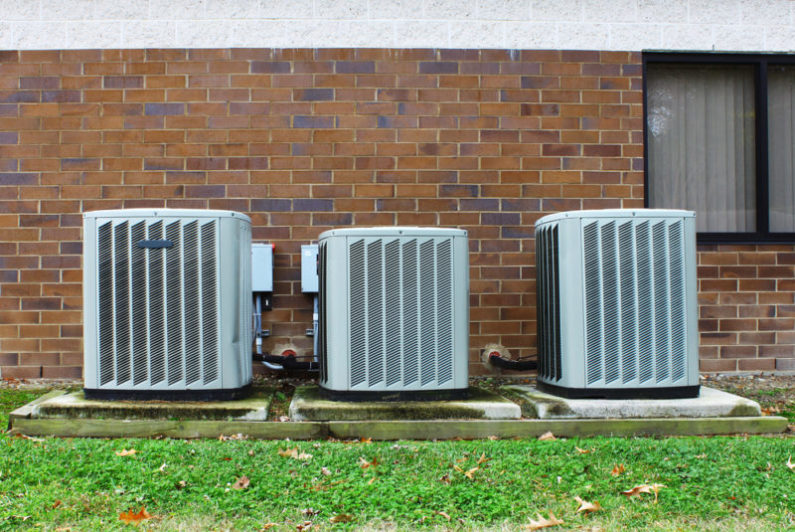Keeping your Modena Island, Georgia, home cool and comfortable during the hot summer months can be a challenge. What many homeowners don’t realize is that they have options when it comes to home cooling. A central air conditioner is one of the most popular cooling systems, and it can deliver efficient cooling, but it’s not the only option. A heat pump actually removes excess heat when it’s hot indoors, so it’s another efficient option for your home. Understanding the difference between a heat pump and a central AC can help you decide which is best for your home.
How Does a Heat Pump Work?
There are two main types of heat pumps available. The first is a geothermal heat pump, which uses the heat from the earth to warm up your home. Geothermal pumps are more expensive to design and install. The second option is more commonly used and is called an air source heat pump. Air source heat pumps transfer heat from indoor air to outdoor air. They work in a similar fashion to your refrigerator, transferring heat rather than producing it. Heat pumps are also extremely efficient, helping to keep heating and cooling bills under control.
When a heat pump operates, it pumps refrigerant through the lines that absorb the heat within your home. That refrigerant then circulates from the indoor air handler to the outdoor unit to release that heat. When you want to heat up your home during the winter months, you simply switch the setting to “heat” to reverse the process and bring heat into your home.
How Does a Central Air Conditioner Work?
Central air conditioning systems have both indoor and outdoor units. It also contains many of the same components as your refrigerator, including refrigerant. As the AC cycles on, the heat transfers from one place to another, but the difference is that it also creates cold air and delivers it to another area. The indoor unit of your system contains a blower that can push the chilled air throughout the home.
The outdoor unit contains the compressor, which raises the temperature and pressure of the refrigerant that moves through the evaporator coil. Heat pumps also have both indoor and outdoor units, although the components within those units differ, as does the way they cool your home.
Both heat pumps and central AC systems use filters to remove pollutants from the air, helping to maintain the indoor air quality.
Benefits of Heat Pumps
One of the main benefits of a heat pump is the fact that it can provide both heating and cooling as the seasons change. It removes the heat from the inside of your home when it’s set to cool, while it transfers heat indoors to warm up the space when the weather turns chilly. A heat pump generally isn’t able to keep up with drastically cold temperatures, although it is generally a good choice in Southern Georgia, where the climate doesn’t usually get too cold.
A heat pump can also run more consistently without wasting a lot of energy. As a result, your home may not experience the temperature fluctuations or drafts that occur when a central AC cycles off. The temperatures remain more consistent and comfortable, even when it’s warm outside. Heat pumps can also remove excess moisture from the air, making them an excellent choice in our humid climate.
Benefits of Central Cooling Systems
A central air conditioner generally lasts longer than a heat pump, making it a more durable option for those who want to keep their costs under control. A heat pump’s outdoor unit is also more expensive to install upfront than the outdoor unit of an AC system.
Central air conditioning systems combined with a furnace work better in colder climates. If the temperatures do drop below freezing, the heat pump may actually run less efficiently, or might not be to maintain indoor comfort at all. Modern central air conditioning systems are extremely efficient, especially those that are ENERGY STAR-rated and have high SEER ratings.
Comparing heat pumps and central air conditioning systems can be confusing, especially if you’re not sure which option is the right fit for your home. At Byrd Heating and Air Conditioning, we offer many cooling system options to our clients, so contact us to find out more at 912-373-8447.
Image provided by Shutterstock


